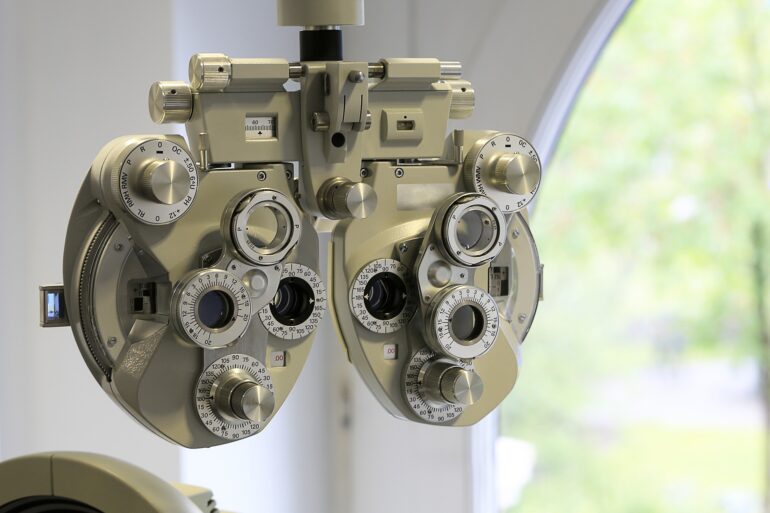TL;DR:
- Mount Sinai launches the Center for Ophthalmic Artificial Intelligence and Human Health, New York’s first ophthalmology-focused AI research center.
- The center aims to integrate AI into diagnostic ophthalmology care, benefiting physician education, research, and clinical care.
- Dr. James Tsai becomes the center’s inaugural director, supported by co-directors Dr. Louis Pasquale and Dr. Alon Harris.
- Initial focus areas include tele-retina, ophthalmology tele-consult, and eye stroke programs.
- The center aims to develop validated AI models for interpreting digital retina images and assessing patient risk for adverse health events.
Main AI News:
Mount Sinai, a leading medical institution in New York City, is taking a significant leap forward in the field of ophthalmology with the establishment of the Center for Ophthalmic Artificial Intelligence and Human Health. This groundbreaking research center, the first of its kind in New York, is set to revolutionize the way we approach eye care through the integration of artificial intelligence (AI).
In collaboration with the esteemed Windreich Department of Artificial Intelligence and Human Health at Icahn Mount Sinai, the center aims to drive innovation in AI-based diagnostic ophthalmology care. By doing so, they seek to enhance physician education, expand research opportunities, and improve clinical care through the seamless integration of AI technologies.
Leading the charge as the center’s inaugural director is the esteemed James Tsai, MD, a visionary in the field of ophthalmology. Dr. Tsai will be supported by two accomplished co-directors, Louis Pasquale, MD, and Alon Harris, PhD, who bring their wealth of expertise and knowledge to this pioneering venture.
The Center for Ophthalmic Artificial Intelligence and Human Health will commence its journey by focusing on key areas within Mount Sinai’s existing programs. By harnessing the power of AI, the center will spearhead advancements in tele-retina, ophthalmology tele-consult, and eye stroke programs. This strategic approach ensures that the transformative potential of AI can be effectively integrated into existing frameworks, benefiting patients and healthcare professionals alike.
One of the center’s primary objectives is to develop validated AI models capable of accurately interpreting digital retina images. By leveraging cutting-edge technology, these models will enable healthcare providers to assess patient risk for adverse health events with greater precision. This newfound ability to predict and prevent potential complications will undoubtedly have a profound impact on patient outcomes and overall healthcare quality.
The launch of the Center for Ophthalmic Artificial Intelligence and Human Health at Mount Sinai signifies a major milestone in the evolution of eye care. By embracing AI technologies and fostering collaboration between leading experts in the field, Mount Sinai is setting a precedent for innovation and advancement. This pioneering endeavor is poised to redefine the future of ophthalmology and elevate the standard of care for patients worldwide.
Conclusion:
The establishment of Mount Sinai’s Center for Ophthalmic Artificial Intelligence and Human Health marks a significant advancement in the field of eye care. By integrating AI into diagnostic ophthalmology, this research center demonstrates a commitment to innovation, research, and improved clinical care. The development of validated AI models has the potential to revolutionize patient risk assessment and enhance overall healthcare quality. This initiative sets a new standard for the market, indicating the increasing role of AI in ophthalmology and paving the way for transformative advancements in the industry.

